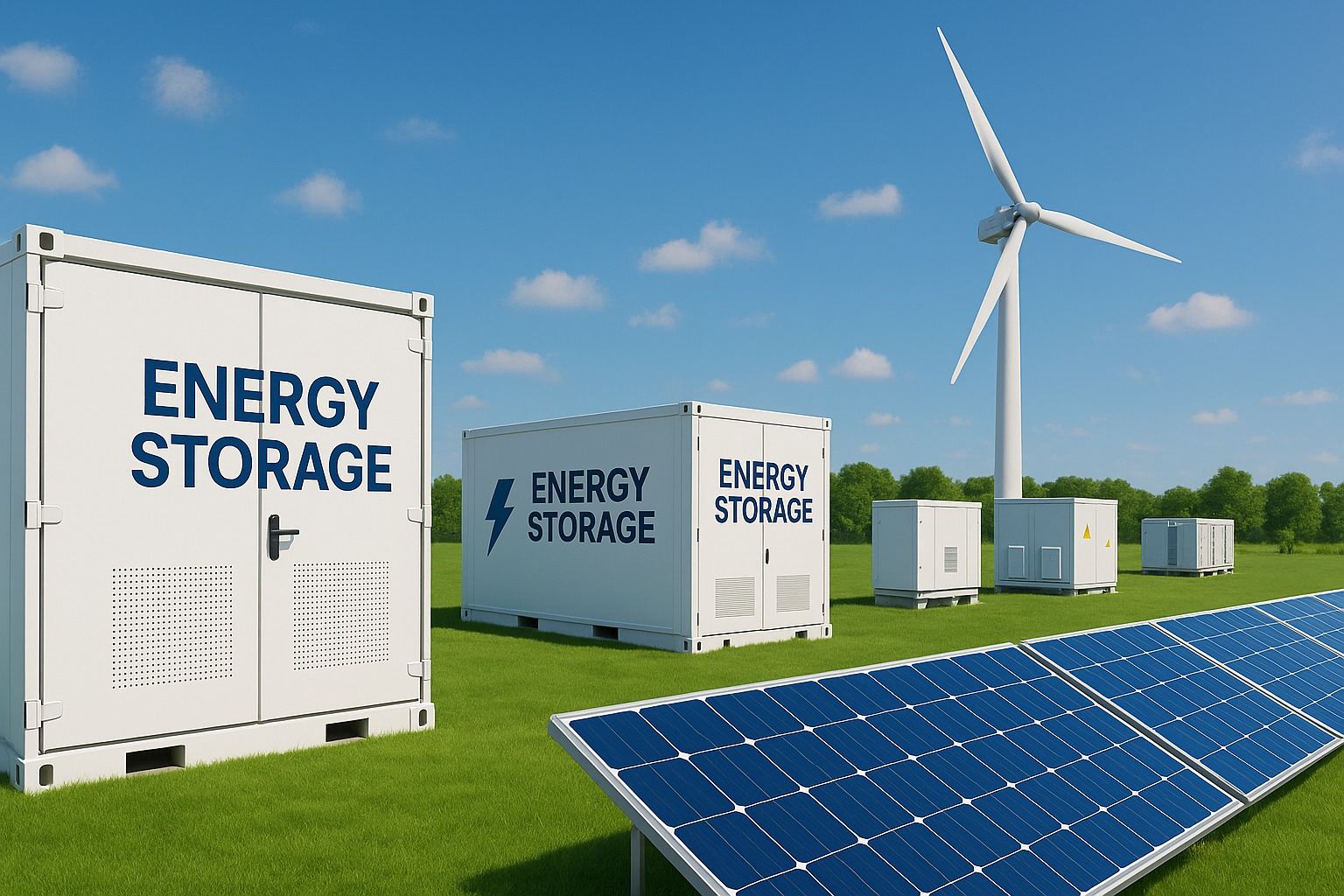Sure! Here’s the translated text:
—
In an increasingly digital world that relies on electricity, the stability of energy supply has become crucial for the economy and quality of life. The threat of blackouts affects various sectors, making it necessary to invest in energy storage systems. This technology emerges as a fundamental pillar to mitigate the intermittency of renewable energies, such as solar and wind, whose production depends on climatic factors and can be variable.
The rise in the use of electronic devices and the expansion of electric mobility have increased energy demand, putting pressure on distribution networks. This strain can lead to overloads and, consequently, unexpected blackouts. In this context, implementing storage systems becomes urgent, as they allow for the establishment of energy reserves that address consumption peaks, thus ensuring the reliability of electricity supply.
Energy storage systems function like “reservoirs” of electricity, capturing excess production during low demand periods and releasing it when demand exceeds generation. This flexibility is key to smoothing consumption peaks and strengthening the power grid, which in turn reduces the likelihood of blackouts.
Moreover, these systems optimize energy use, preventing waste and facilitating the integration of microgrids and self-consumption systems. They promote greater resilience at the local level and provide services such as frequency regulation, benefiting the overall efficiency of the system.
The current landscape for research and development in energy storage is active, driving the refinement of technologies, particularly in batteries. However, this transition requires a comprehensive approach that encompasses regulatory, economic, and social aspects. It is essential for governments to establish regulations that encourage investment in these technologies and promote their large-scale adoption.
Raising awareness about the benefits of energy storage is key to accelerating this transformation. Collaboration among administrations, energy sector companies, and citizens will be crucial to ensuring a reliable electricity supply and supporting the transition to a decarbonized economy.
In this context, ISGENERATION emerges as a relevant player, offering self-consumption photovoltaic systems and large generation plants. The company integrates cutting-edge technology into its products, contributing to a more sustainable and resilient energy model.
via: MiMub in Spanish










